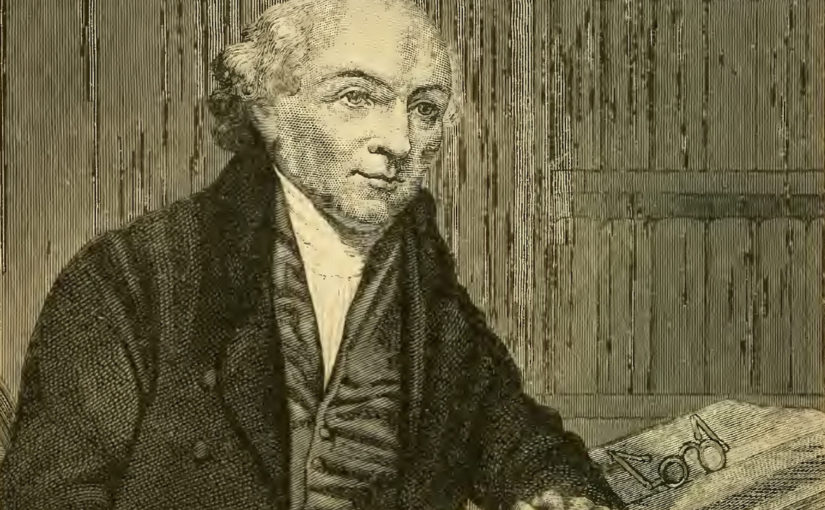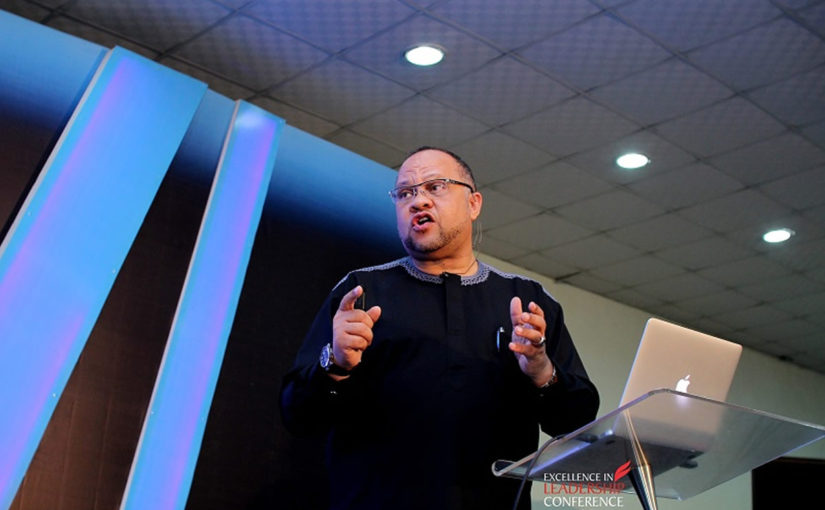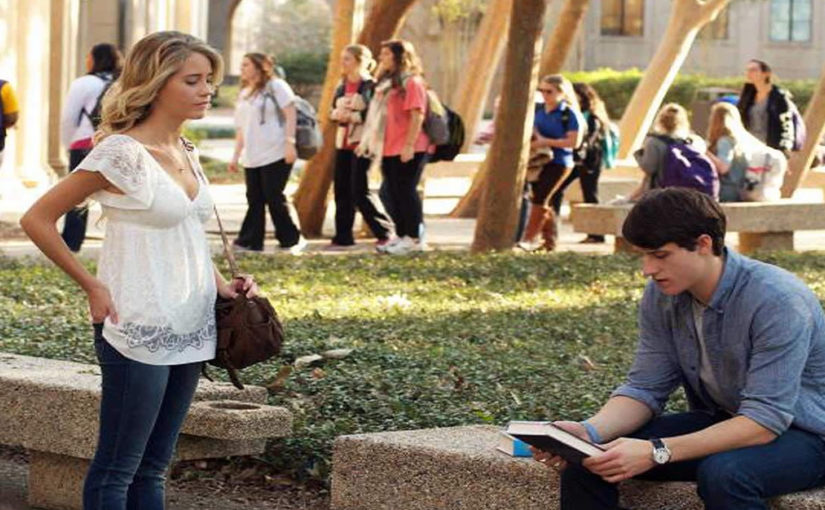
William Carey (17 August 1761 – 9 June 1834) was born to a poor British couple, Edmund and Elizabeth Carey from the little town of Paulerspury in Northampshire, England. William, whose childhood hero was Christopher Columbus received an early good education in the village school where his father was appointed the head and this became the foundation that sharpened his naturally inquisitive mind for the physical sciences.
As a child, Carey possessed a rare inclination towards languages, was captivated by botany and history and maintained an incredible collection of plant and animal specimens as a hobby.
All the above seemed to have prepared him for the inauspicious life of a missionary but one which he accomplished with brilliance and epic fervor.
Early years of William Carey
At the age of fourteen, William’s father apprenticed him to Clarke Nicholson, a shoemaker, in the nearby village of Piddington. Carey was led to Christ here by John Warr, who lent him a Greek grammar and glossary book; with a Bible prepared with Greek commentary, which he discovered in the workshop, Carey taught himself the Greek language. After the death of Nicholson, Carey joined the workshop of Thomas Old in Hackleton, to continue his internship and here got married to Thomas Old’s sister-in-law Dorothy Plackett in 1781. They had seven children with four surviving. Carey took ownership of the shoemaking workshop after the death of Old; and attended to business whilst studying and proceeded to independently learn the Hebrew, Italian, French and Dutch languages.
Carey grew spiritually after his conversion and by the age of 22 started receiving bi-monthly invitation to preach in the local Baptist church. He was appointed full-time pastor of the Harvey Lane Baptist Church, Leicester and partnered with John Ryland (who baptized him), John Sutcliff, and Andrew Fuller, in the gatherings of the “Particular Baptists”.
Carey had the appeal towards missions in his cobbler’s shop stating, “My attention to missions was first awakened after I was at Moulton, by reading the Last Voyage of Captain Cook.” and “If it be the duty of all men to believe the Gospel … then it be the duty of those who are entrusted with the Gospel to endeavor to make it known among all nation,” and responded to this call tearfully, saying “Here am I; send me!”
It was not all smooth sailing for Carey, as he would experience opposition from Church leaders who believed it was not the responsibility of all Christians to propagate the gospel of Christ to the unreached. Carey disagreed with this after reading of the accounts of Apostle Paul in the Bible and the biographies of David Brainerd.
He published his persuasions on the necessity of foreign missions in a small handbook titled, An Enquiry into the Obligations of Christians to use Means for the Conversion of the Heathens, where he wrote against the life of ease of fellow Pentecostals, “Multitudes sit at ease and give themselves no concern about the far greater part of their fellow sinners, who to this day, are lost in ignorance and idolatry”.
He stated that obedience to the Great Commission is mandatory, greatly rewarding and ought to “excite us to ten-fold diligence in our work”, especially in “foreign parts”. This little but well-researched and practical handbook extolled the life and works of men like Wesley and Brainerd and provided practical ways world-wide missions can be funded and operated. Carey in closing called for the establishment of a missionary society; with his influence, the Baptist Missionary Society was inaugurated in 1792.
In November 1793, William Carey and Dr. John Thomas, a medical missionary, after hearing of the spiritual condition of India set sail with their families for India and arrived in Calcutta after a tortuous sea journey. Carey settled in Bengali and later the Danish settlement in Serampore, where he spent the rest of his life without furlough.
William Carey’s Achievements and Legacies
The achievements of William Carey go far beyond the realms of Christianity and missions but generally improved humanity. Carey changed the negative attitude towards missions in Pentecostal circle by his revolutionary theological justification for mission and establishment of missionary societies.
As an educationist, William Carey, founded Serampore College, which became the first degree-awarding institution in Asia and taught as a professor of Bengali in Calcutta University amongst many other roles. He introduced the literature-lending scheme to India by encouraging his friends in England to ship tons of books to Indian libraries.
In the field of literature, Carey was the influence behind the setting up of the largest printing press in India, in Serampore, which became the center for the distribution of the Scripture to other parts of India and the world. Carey and his team translated the Bible or sections into forty-four languages and dialects, no wonder Carey is known as the missionary who gave India a Bible. He published the first newspapers ever in the Orientals,
“The Samachar Darpan”.
Humanity also owes a lot to Carey in the area of social reforms; the abolition of devilish and inhuman practices such as female infanticide, voluntary drowning, leper and widow-burning, the caste system and human slavery. He discouraged gender discrimination ensured the education of females in India.
In 1820, Carey organized the Agric-Horticultural Society of India, to further the development of agriculture and introduced species of unknown crops; initiated forest conservation and planted beautiful gardens.
The greatest legacy of William Carey, however, was his mission works and to this he devoted majority of his life. The innovations he brought into modern Christian mission led to the greatest century of missionary and evangelistic movements, inspiring men like David Livingstone, Hudson Taylor and Adoniram Judson.
William Carey retired to a more quiet life of preaching, discipling young missionaries and teaching in institutions following a rift with the recently appointed secretary to the Missionary Society of England. He died at the age of 73 and was buried in his beloved city of Serampore.





